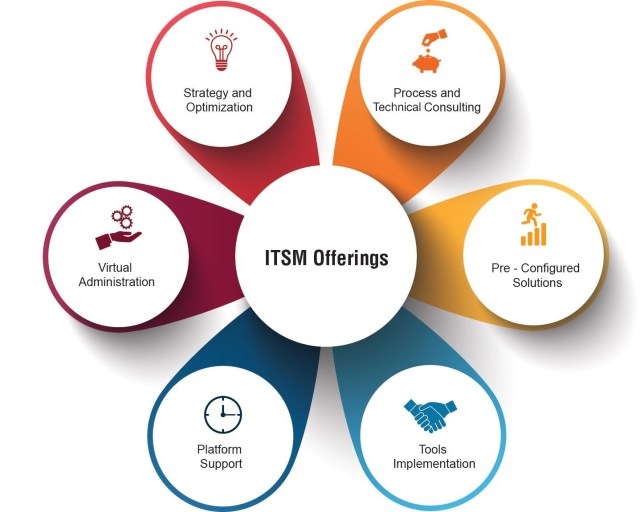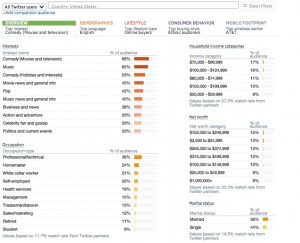— September 16, 2019
IT service teams have been under continuous pressure about two matters for quite some time now. On the one hand, they must to do more with less. On the other, they need to deliver superior customer service and reduce downtime. We have seen that the complexity of these issues has also increased to a significant extent.
Artificial intelligence and machine learning are a helpful solution to all these issues. AI offers many opportunities to address these challenges. Besides, it helps improve the overall IT service management. It is worth observing how IT managers and directors can implement AI to improve their operations.
ITSM is improving but still needs work
We are continually witnessing the evolution of IT operations, how they adopt new technologies as they progress. We see organizations using more and more IT management systems and automation. IT management systems help to realize their strategies better. ITSM can not only develop and implement but also, manage and optimize IT domains.
ITSM can help to optimize both IT services and the end-user experience. There is an ever-growing business dependence on IT services. This is a testament to the fact that there is a need for constant improvement and innovation in IT operations. Above all, IT customers have imposed an irresistible necessity in the department.

We believe that the IT team still faces a great deal of pressure from its stakeholders. This is due to the fact that we face “delivering more with less” mentality. This has an underlying implication of the concept of “faster, cheaper, better – pick any two.” Fast-paced improvements in IT services or operations attract users along with greater flexibility.
Again, doing things cheaper is not about reducing operational costs and realizing efficiencies. Instead, it is necessary that we focus on value over cost and add business value wherever possible. The concept of being better can mean many things. It can mean improving IT service quality and including availability. It can also be about meeting the end-users’ high expectations of IT services. At the same time, it also means that we have to have a continuous drive to offer better support and customer service.
As faster, cheaper, and better are all equally important, we recommend a solution for ITSM that doesn’t force organizations to pick two of the three. Lucky for us, AI and automation in the present day make it possible for IT departments to prove all three qualities.
AI and automation will change the game.
When it comes to IT management, AI, machine reasoning, and automation are gaining rapid momentum. It’s not merely hype. We understand that AI’s well-deserved popularity is on the rise for many reasons. AI is already helping different business functions across many industries in several ways. AI can replace or augment existing manual processes. Moreover, automation adds “heavy thinking and lifting” capabilities to various assets.

We have observed a movement toward digital agents that use Natural Language Processing (NLP). They use machine reasoning to add intelligence to IT management tasks. This is possible due to the early application of machine learning, which includes concepts like pattern matching. Automation libraries, adding to this, will provide end-to-end automation. This will help to resolve up to 50 percent of repetitive manual tasks in an instant. Applying these innovations in the correct manner can help us in large ways. They allow IT, service employees, to focus instead on bigger and more important issues.
This will help employees to provide a 24/7 “consumer-like” IT services. This, in turn, helps to increase employee engagement and productivity. AI and automation increase the speed of execution and task or process adaptability. They are useful in reducing costs. AI provides efficient alternatives to human intervention and cuts errors caused by humans. Thus, we can see how AI provides better customer experience to the end-users. This then helps to increase customer satisfaction scores (CSAT).
Examining specific use cases of AI and automation
We have put forward some of the cases that provide demonstrations of how AI and automation will transform the field of ITSM below:
- A digital agent with auto-resolution. Here, end-users interact with a digital agent through chat and voice conversations. The digital agent understands the intent of the conversation. The agent deciphers what the problem is. The agent, in this way, proceeds to auto-resolve up to 50 percent of end-user requests.
- Self-serve resolution. It is now possible to put in place an automation solution that increases optimal end-user productivity. Moreover, AI enables us to do this in a cost-efficient way. It enables us to find pertinent information. This supplies the solution to our problems instead of filing tickets. These articles may also be served by digital agents on request.
- Catch and auto-dispatch. We understand that we lose too much time waiting for the ticket to be assigned to an agent. There is an extra issue of fixing a mischaracterized ticket. AI enables intelligent ticket routing that optimizes ticket assignment. It considers factors like the priority of the request. It also considers the knowledge, availability, and past performance of IT agents. These factors are based on past data and continuous learning.
- Advanced agent assist. A lot of “tribal knowledge” is generated in the operations team that is not formally captured. A knowledgebase should incorporate tribal customer knowledge. That makes available the right knowledge articles and information about similar past incidents to IT operations staff (L1, L2, L3). This goes a long way to reduce mean time to resolution (MTTR) while troubleshooting.
The time is now
Finally, it is high time for IT service teams to strive to meet the needs of demanding users on the rise. This is a time of increasing complexity. Fortunately for us, AI and automation are finding their way into the IT department to help save the day. AI is already helping organizations across industries with external customer support. Thus, IT teams should expect to be valuable for both customers and the IT teams themselves. AI will soon become a necessity for IT departments shouldering heavy loads. Organizations that want to stay ahead of the pack should begin their AI journey now.
Business & Finance Articles on Business 2 Community
(88)
Report Post






